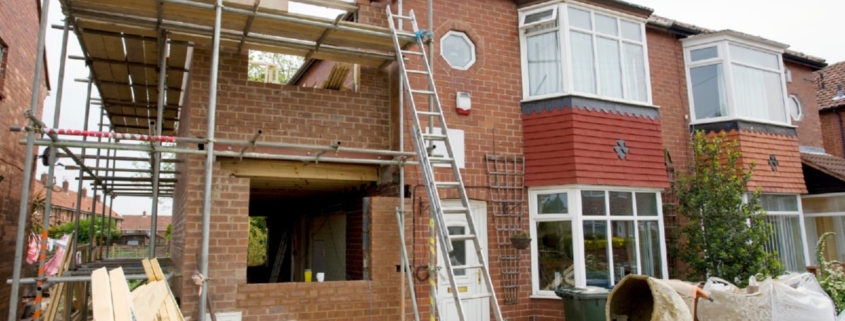The Relationship between Architecture and Construction 2043
The building sector is continually evolving, always seeking ways to improve efficiency and productivity. This quest for improvement is driven by factors such as increasing labor costs, environmental considerations, and the demand for faster project completion. There are a number of strategies that construction professionals can adopt to boost their project efficiency.
Firstly to enhance construction productivity is through the use of modern technologies. Tools like Building Information Modeling (BIM) can drastically improve communication, reduce errors, and speed up the design and construction processes. These technologies allow for immediate collaboration between the various parties involved in a project, thus improving decision-making and reducing the chances of costly mistakes.
Another approach to improving building efficiency is through prefabrication. Prefabricated construction is a game-changer because it allows for the majority of the construction to be done off-site in a controlled environment, which leads to more precise outcomes. It also reduces the time spent on-site, which can significantly lower the overall project timeline and costs.
In addition, lean construction principles can be applied to enhance performance. These principles focus on reducing inefficiency and maximizing value. This could involve everything from streamlining the supply chain to implementing just-in-time delivery systems.
The idea behind sustainable construction also plays a vital role in improving building efficiency. This includes integrating energy-efficient materials and systems, as well as adopting practices that minimize environmental impact. Not only does this approach benefit the environment, but it also leads to long-term cost savings.
Over the past few years, there has been a noticeable shift towards prefabricated construction. This method of building is gaining popularity due to its potential to deliver projects faster, more efficiently, and with fewer errors. Indeed, many industry experts believe that the future of construction lies in prefabrication.
Prefab construction is a game-changer because it brings numerous advantages to the table. These include reduced construction time, increased quality control, lower labor costs, fewer site disruptions, and improved eco-friendliness.
In conclusion, the building sector is constantly striving to find ways to enhance performance. From embracing new technologies to adopting lean principles and sustainable practices, there are many strategies that can be used. Among these, prefabricated construction stands out as a particularly promising approach, with its potential to revolutionize the industry and shape the future of building.
For more details, check best Flat Roofing Services Dublin or visit their Flat Roof Service business listing here.



